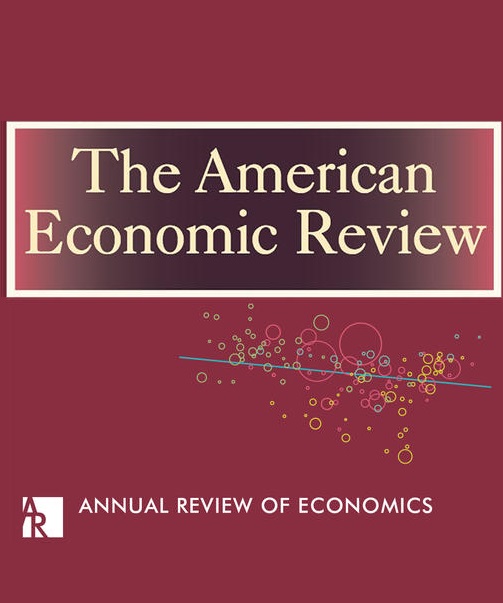与机制讨价还价
IF 10.5
1区 经济学
Q1 ECONOMICS
引用次数: 2
摘要
两个参与者在关于偏好的片面不完全信息的情况下,就一个不可分割的商品和一个转移进行讨价还价。双方都可以提供任意机制来决定分配。我们证明了存在一个唯一的完美贝叶斯均衡结果。在均衡中,一个玩家在所有菜单中为不知情的玩家提供最优的菜单,这样每种类型的知情玩家在完全信息下都能获得至少自己的收益。最优菜单最多可以通过三种分配来实现。在不知情玩家信念的自然假设下,最优菜单与该环境下议价问题的迈尔森中立解决方案一致。(凝胶c78, d82, d83)本文章由计算机程序翻译,如有差异,请以英文原文为准。
Bargaining with Mechanisms
Two players bargain over a single indivisible good and a transfer, with one-sided incomplete information about preferences. Both players can offer arbitrary mechanisms to determine the allocation. We show that there is a unique perfect Bayesian equilibrium outcome. In the equilibrium, one of the players proposes a menu that is optimal for the uninformed player among all menus, such that each type of the informed player receives at least her payoff under complete information. The optimal menu can be implemented with at most three allocations. Under a natural assumption on the uninformed player’s beliefs, the optimal menu coincides with the Myerson’s neutral solution to the bargaining problem in this environment. (JEL C78, D82, D83)
求助全文
通过发布文献求助,成功后即可免费获取论文全文。
去求助
来源期刊

American Economic Review
ECONOMICS-
CiteScore
18.60
自引率
2.80%
发文量
122
期刊介绍:
The American Economic Review (AER) stands as a prestigious general-interest economics journal. Founded in 1911, it holds the distinction of being one of the nation's oldest and most esteemed scholarly journals in economics. With a commitment to academic excellence, the AER releases 12 issues annually, featuring articles that span a wide spectrum of economic topics.
 求助内容:
求助内容: 应助结果提醒方式:
应助结果提醒方式:


